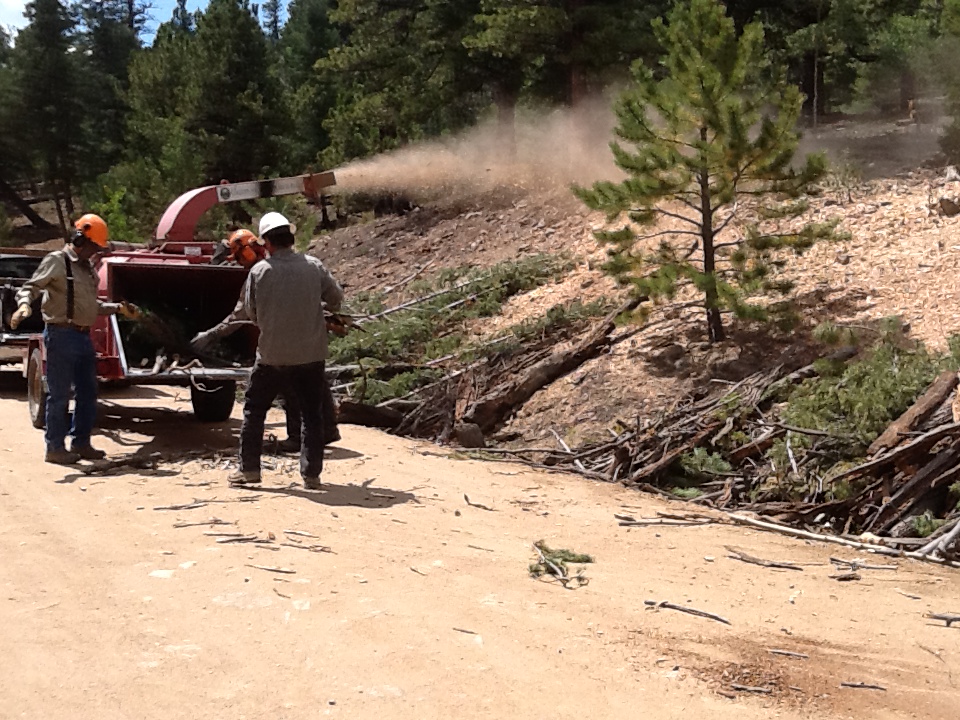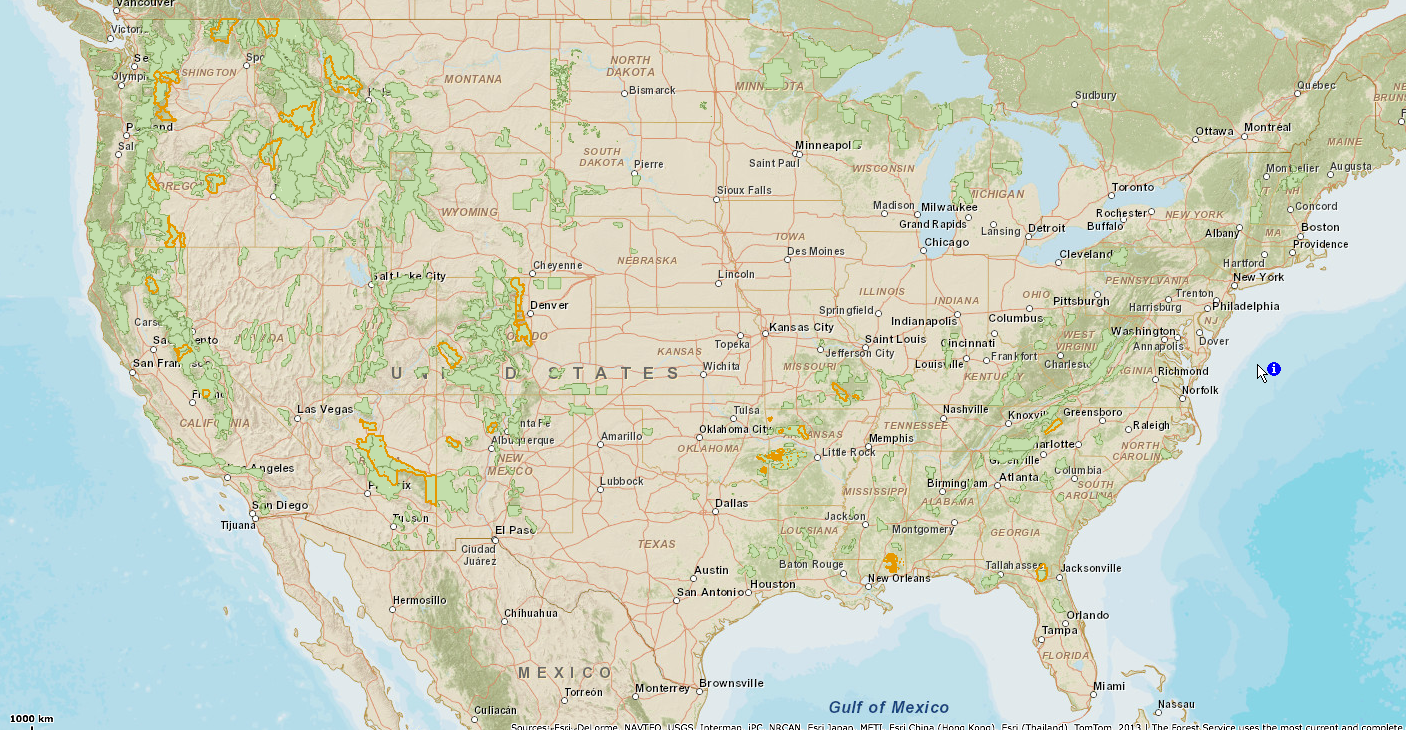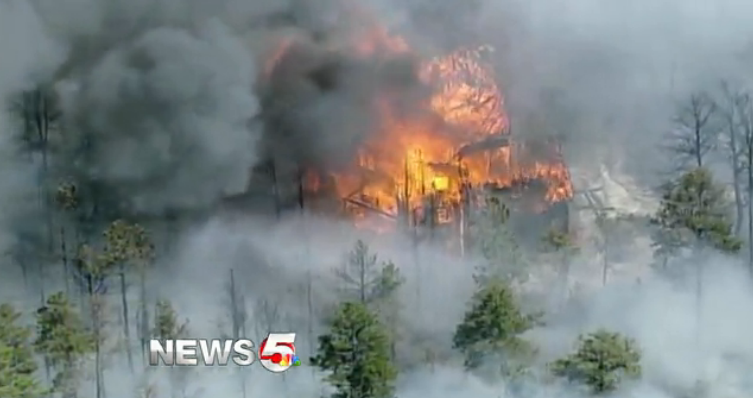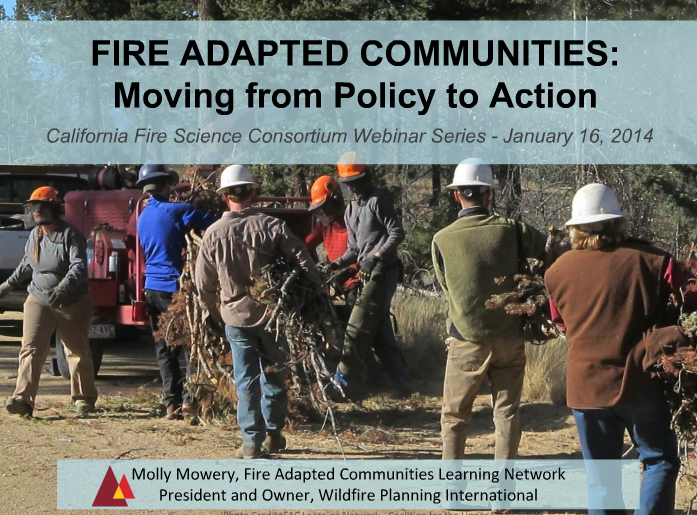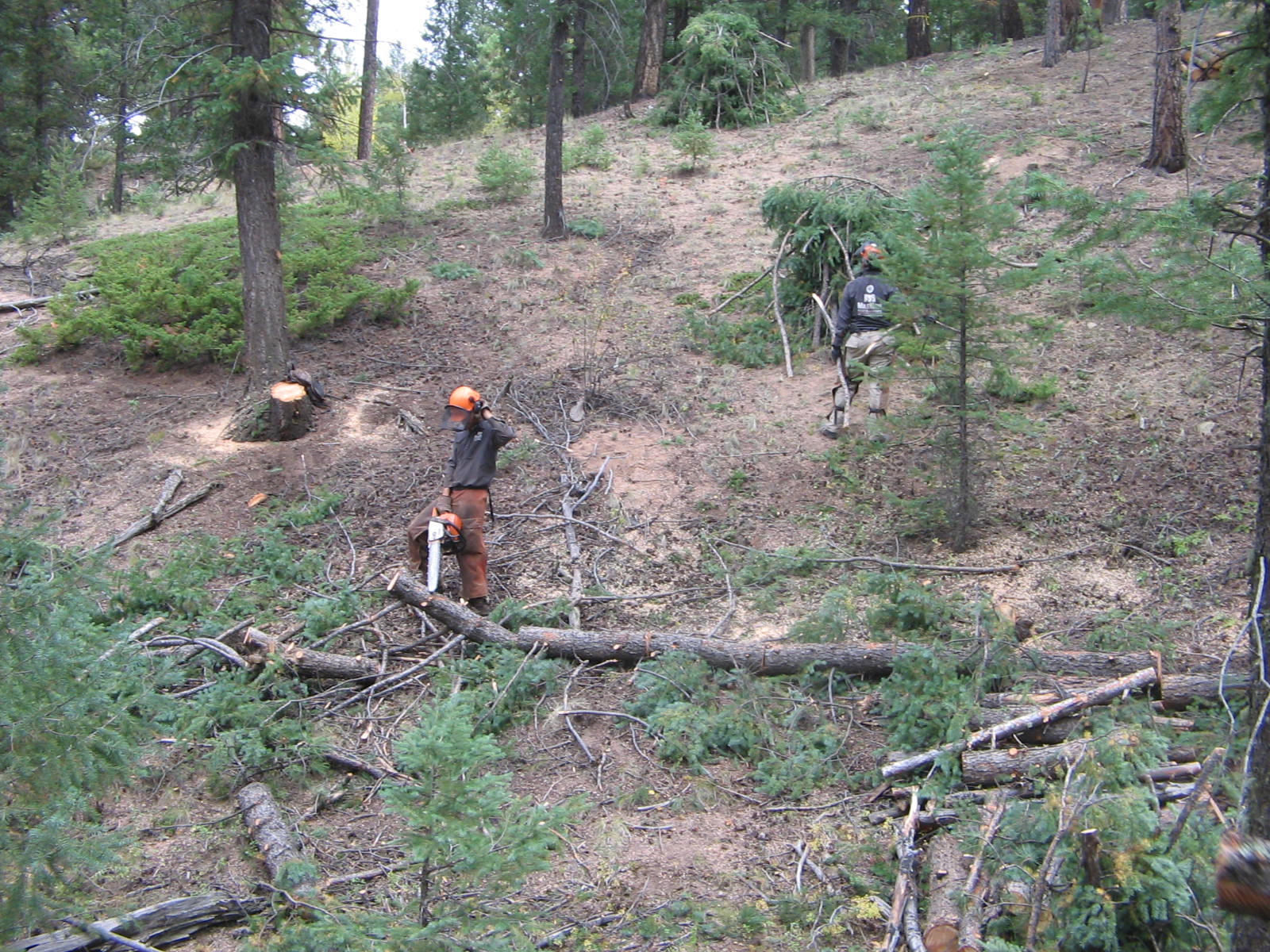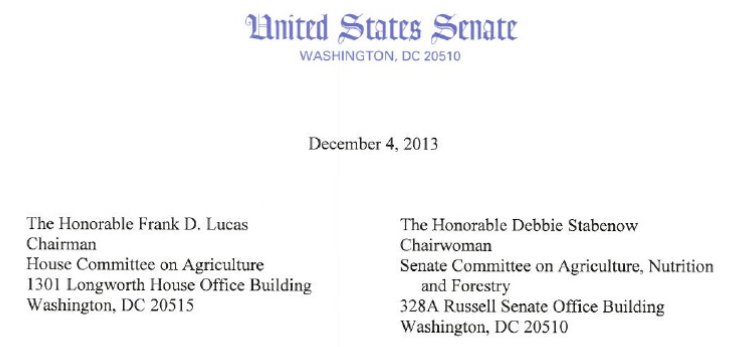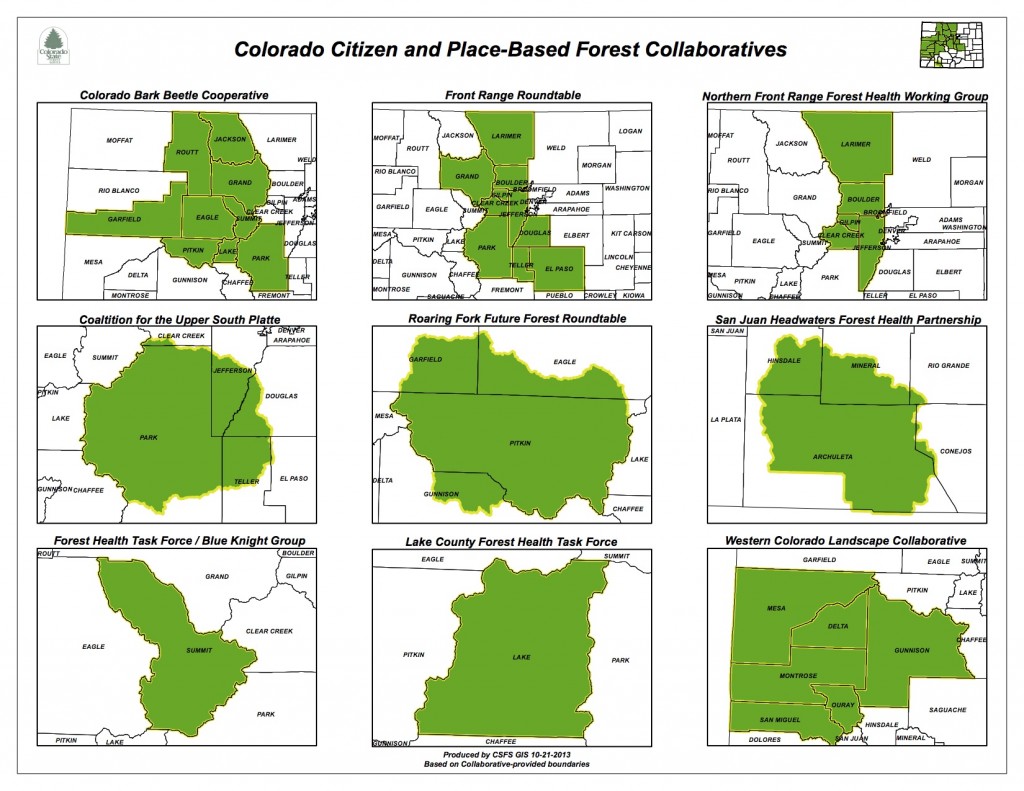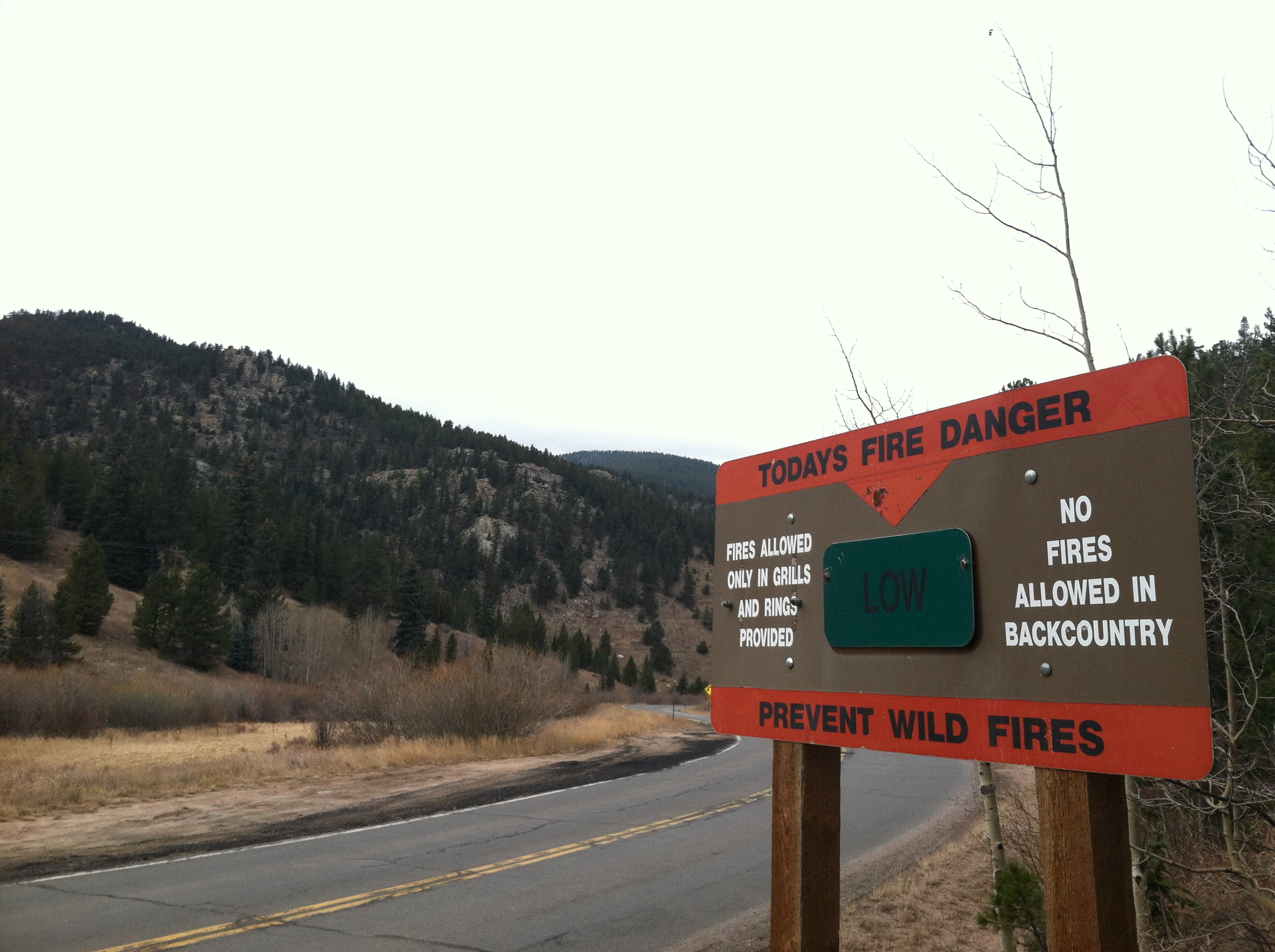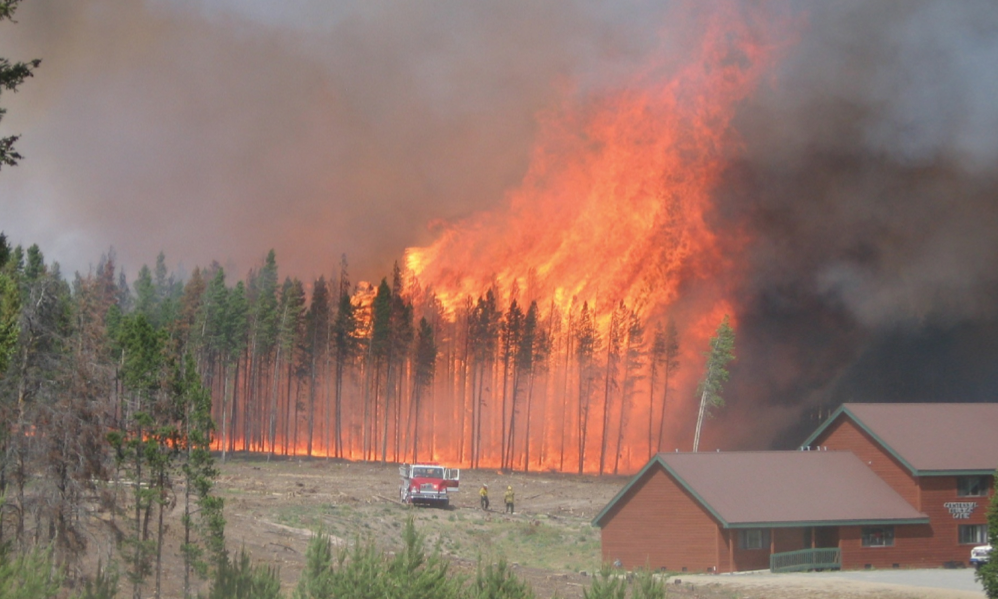Several bills regarding wildfire are up for review in the Colorado legislature this session.
SB 14-047 Wildland Firefighters Death Benefit Payments
This bill would direct the state to make a lump-sum payment of $10,000 to the survivors of a seasonal wildland firefighter employed by state or local government and killed in the line of duty.
SB 14-046 Local Firefighter Safety Grant Program
This bill would create a local firefighter safety and disease prevention fund that would be used to support training and the purchase of equipment designed to increase firefighter safety and prevent occupation-related diseases.
HB 1010 Corrections to Prescribed Burning Program
This bill makes several technical corrections to the bill that created a prescribed burning program in the Department of Public Safety.
HB 14-1009 Change Wildfire Mitigation Tax Deduction
This bill would change the wildfire mitigation income tax deduction to an income tax credit, reducing taxes dollar for dollar up to $2,500.
SB 14-045 Responsibility of Local Officials Wildland Fire Management
This bill would amend current provisions specifying the authority and responsibility among state and local officials in regards to wildfire management.
SB 14-077 Concurrent Jurisdiction over USFS & BLM Land
This bill would allow the state to retain concurrent legislative jurisdiction with the federal government on U.S Forest Service and U.S. Bureau of Land Management land within the state.
This bill would protect public agencies intending to protect private property from civil liability.
